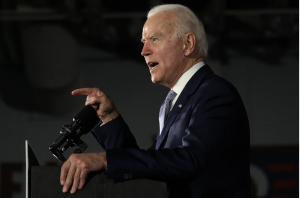Haiti, located on the island of Hispaniola bordering the Dominican Republic, remains mired in interrelated political, security, and humanitarian crises. Haiti lacks an elected president and legislature following the July 2021 assassination of President Jovenel Moïse. Moïse had named Ariel Henry to be prime minister prior to his death, but Henry had not been sworn in as required under Haitian law. Since the assassination, a political stalemate has persisted over whether Henry or a transitional government should govern until elections are convened. A December 2022 Henry-backed accord aimed to create a path to elect a president by February 7, 2024.
As that date has approached, protests against the de facto Henry government have escalated. The political impasse has hindered Haiti’s ability to respond to worsening security and humanitarian crises. In October 2022, Henry asked for a foreign security force to help reestablish control amid rampant gang violence. Although many Haitian civil society groups initially opposed this request due to concerns regarding abuses committed during past interventions and Henry’s unelected status, some have since expressed support for a foreign security force presence. After Kenya offered to lead a “multinational security support (MSS) mission,” the U.N. Security Council adopted a resolution in October 2023 to authorize a non-U.N. mission funded by voluntary contributions. The status of the MSS is uncertain, however, as Kenya’s High Court has ruled the deployment unconstitutional. The crises in Haiti continue to fuel instability and U.S.-bound migration.




